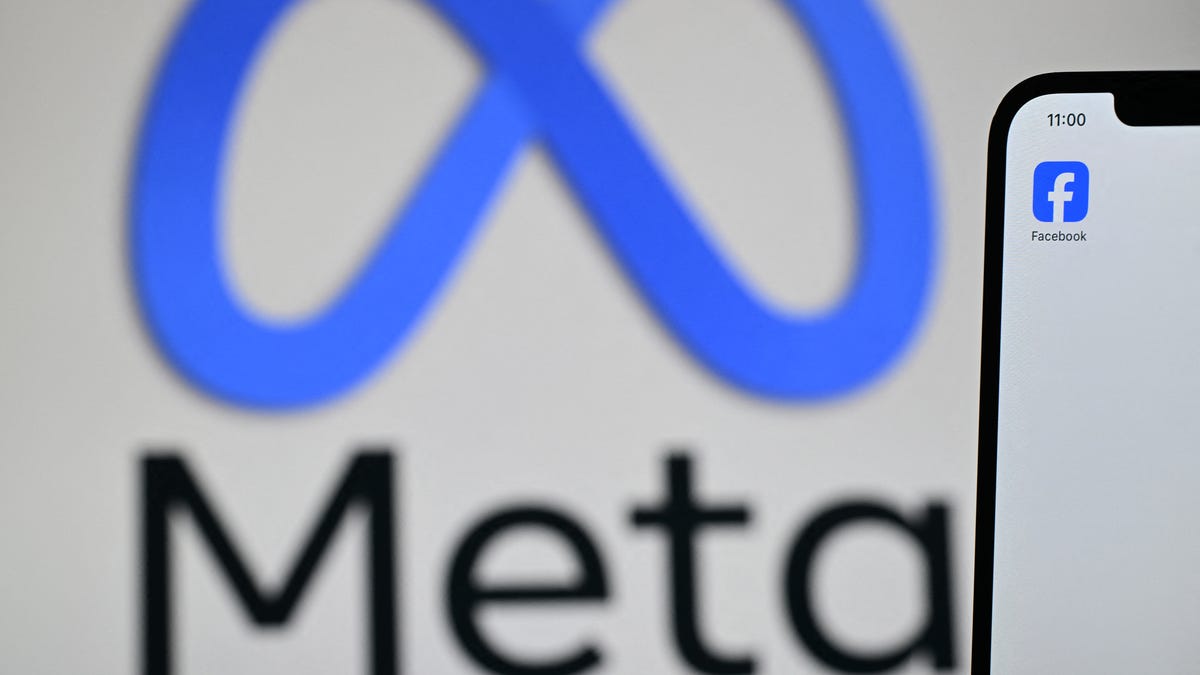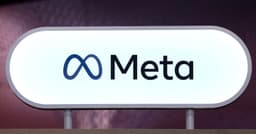Home / Technology / Meta's '17 Strikes' Policy Exposed in Lawsuit
Meta's '17 Strikes' Policy Exposed in Lawsuit
23 Nov
Summary
- Meta allegedly had a 17-strike policy for human trafficking offenses.
- Ex-employee claims Meta lacked CSAM reporting in 2020.
- Lawsuit alleges Meta profits from teen addiction like 'Big Tobacco'.

A former Meta employee's testimony has brought to light a controversial "17 strikes" policy, under which accounts engaged in human trafficking could allegedly incur 16 violations before suspension. This revelation comes amid a significant lawsuit accusing Meta, alongside other tech giants, of contributing to a teen mental health crisis. The former head of safety and well-being for Instagram stated that in March 2020, the company lacked a specific mechanism for reporting child sexual abuse material, a concern she reportedly raised multiple times.
The lawsuit contends that Meta deliberately targets younger demographics for advertising revenue, a strategy likened to "Big Tobacco," by knowingly designing addictive platforms that lead to serious mental health issues. Plaintiffs argue that Meta omitted crucial parental and teacher safeguards, prioritizing profit over the well-being of its youngest users. This alleged business model has drawn sharp criticism, with legal representatives emphasizing the harmful nature of the products marketed to children.
Meta has countered these allegations, asserting its commitment to protecting teens and highlighting recent policy changes, including a "one strike" policy for severe violations. The company states that it has implemented numerous safeguards and listened to parental concerns over the years. However, the ongoing lawsuit focuses on past practices and alleged intentional omissions that plaintiffs believe directly contributed to the current crisis among adolescents.




